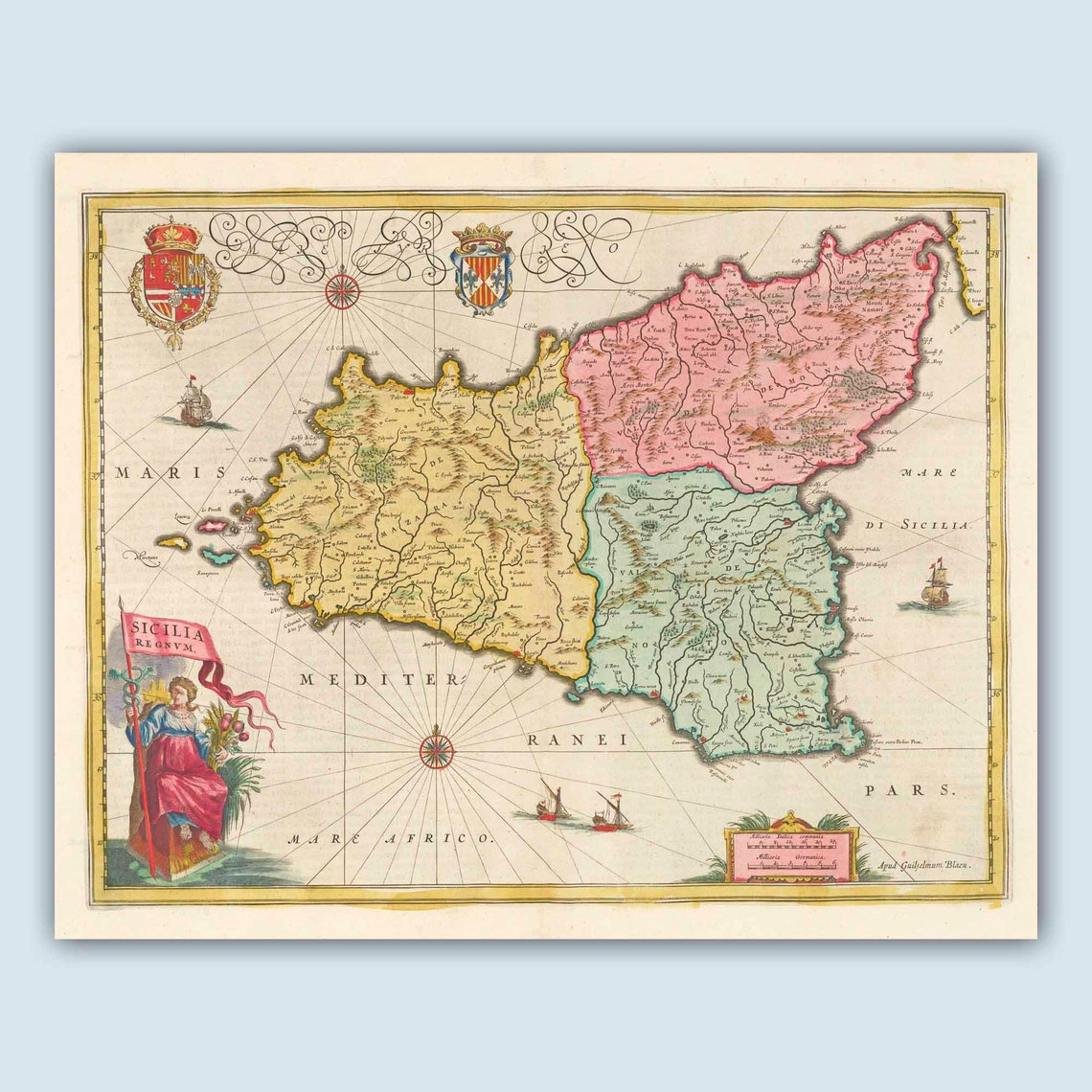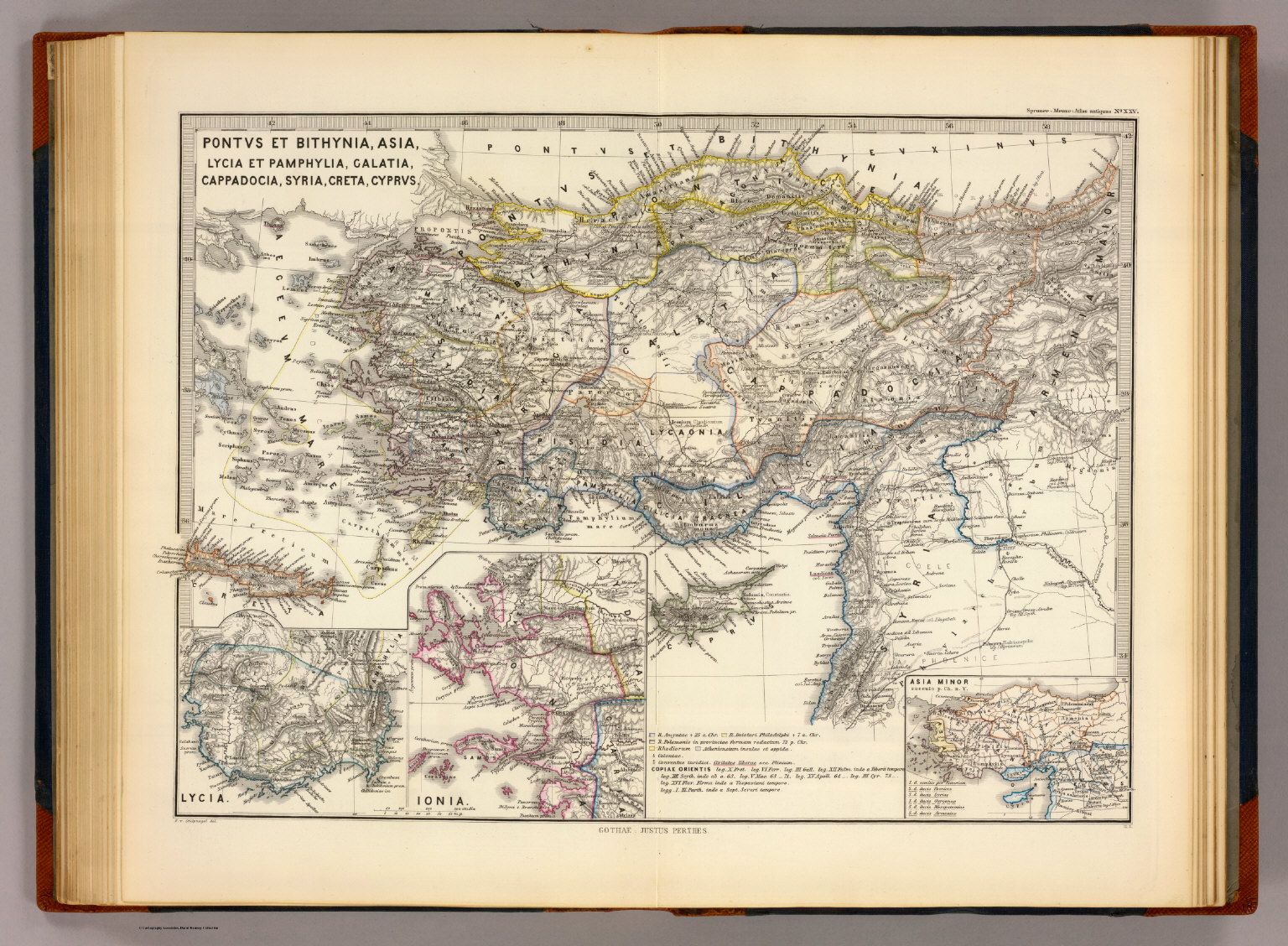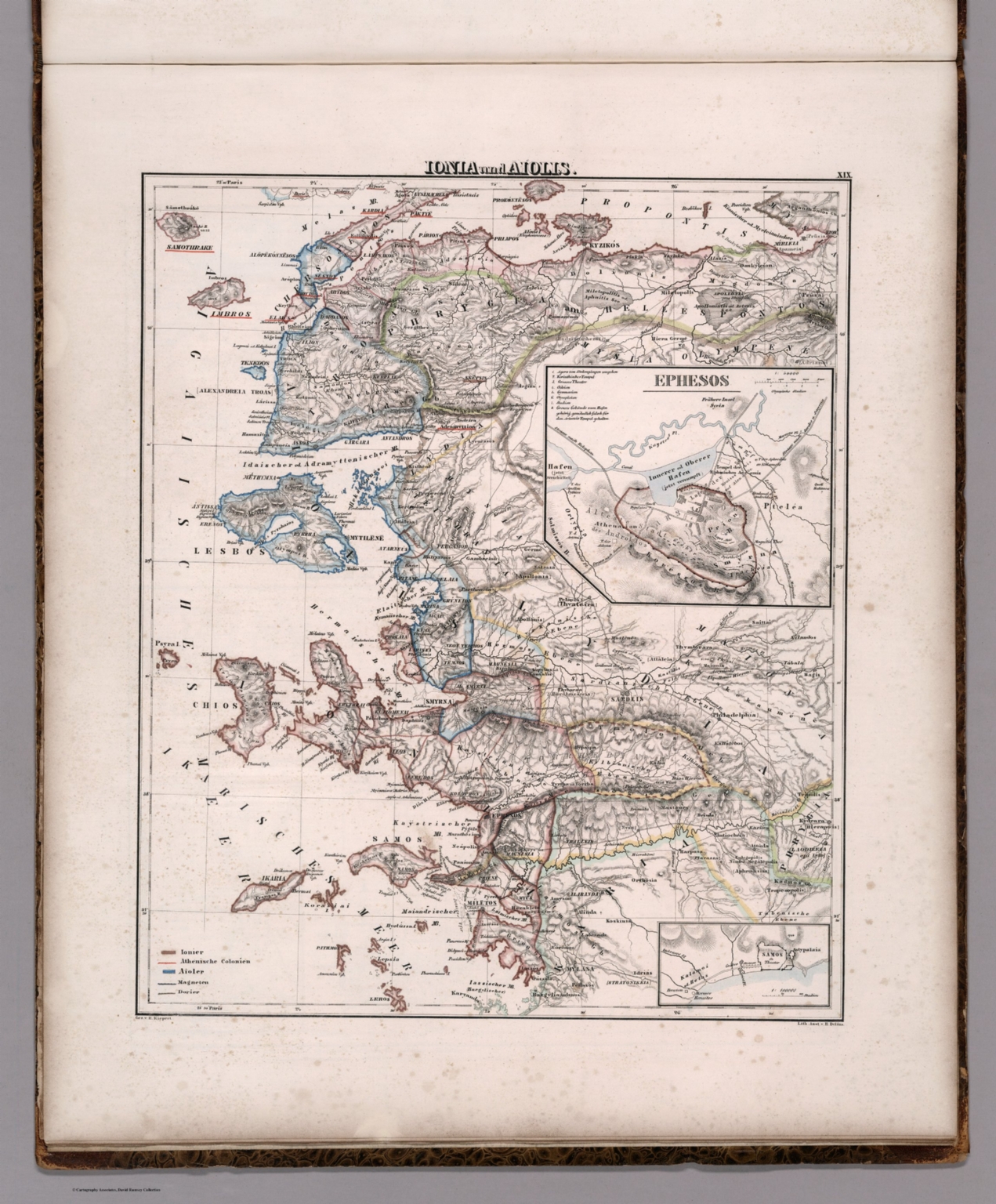References
The Thesaurus Linguae Graecae: A Bibliographic Guide to the Canon of Greek Authors and Works (TLG®)https://stephanus.tlg.uci.edu/
Thesaurus Linguae Graecae: Canon of Greek Authors and Works by Berkowitz, Luci - Internet Archive
Encyclopedia of Ancient Greek Language and Linguistics — Brill
A Companion to the Ancient Greek Language - Google Books
Reading Greek - Google Books
Internet Archive - Ancient Greek Language on Archive.org
Ancient Greek Language - Classics - Oxford Bibliographies
The Cambridge Grammar of Classical Greek - Google Books
Reference Works Page | Dickinson College Commentaries
Bibliotheca scriptorum Graecorum et Romanorum Teubneriana - Internet Archive
Bibliotheca Teubneriana - Wikipedia
Loeb Classical Library
Loeb Classical Library - Wikipedia
Oxford Classical Texts - Oxford University Press
Oxford Classical Texts - Wikipedia
Cambridge Greek and Latin Classics
Cambridge Greek and Latin Classics collection - Google Search
Cambridge Greek and Latin Classics – Cambridge University Press Bookshop
The Cambridge Grammar of Classical Greek - Evert van Emde Boas, Albert Rijksbaron, Luuk Huitink, Mathieu de Bakker - Google Books
Oxford Grammar of Classical Greek - James Morwood - Google Books
Oxford Grammar of Classical Greek : James Morwood - Internet Archive
Collection Budé - Internet Archive
Collection Budé - Wikipedia
Bibliothek der Antike – Wikipedia
Scrittori greci e latini - Wikipedia
Greek alphabet - Wikipedia
Greek numerals - Wikipedia
Attic calendar - Wikipedia
Olympiad - Wikipedia
Ancient Greek units of measurement - Wikipedia
Ancient Greek units of measurement - Wikipedia
Ancient Greek Coinage
https://en.wikipedia.org/wiki/Category:Social_classes_of_ancient_Athens
Plethron - Wikipedia
1911 Encyclopædia Britannica/Greek Language - Wikisource
The Ancient Languages of Europe: Roger D. Woodard - Internet Archive
Bibliography of Ancient Greek Linguistics - The Digital Classicist Wiki
logeion.uchicago.edu/about - ΛΟΓΕΙΟΝ database of Classical Greek and Latin Resources
Greek Grammar for Colleges: H.W. Smyth - Internet Archive
Greek Grammar for Colleges: H.W. Smyth - Internet Archive Rosetta Stone Project copy
Herbert Weir Smyth, A Greek Grammar for Colleges
Internet Archive: Greek Grammar
Greek Syntax - Google Books
Reading Greek - Grammar and exercice - Internet Archive
Reading Greek. Grammar and exercises - Internet Archive
Comparative Grammar of the Greek language: Wright, Joseph, - Internet Archive
A Series of First Lessons in Greek - Google Books
An Elementary Greek Grammar - Google Books J. Hamblin Smith
An Elementary Greek Grammar - Google Books Goodwin
The restored pronunciation of Greek and Latin : Arnold, Edward Vernon - Internet Archive
Syntax of Attic Greek : Thompson, Francis Edward- Internet Archive
Basil L. Gildersleeve, Syntax of Classical Greek
An Elementary Greek syntax : Francis Edward Thompson - Internet Archive
Greek Grammar: W.W. Goodwin - Internet Archive
A grammar of the Greek language: Curtius, Georg - Internet Archive
English wiki-Ancient_Greek-20200725.pdf: Wikipedia - Internet Archive
A historical Greek grammar, chiefly of the Attic dialect by Jannaris, Antonius N. - Internet Archive
Elements of Greek Accentuation - Karl Wilhelm Goettling - Google Books
Teach Yourself Ancient Greek - Internet Archive
Learn Ancient Greek: Jones, P. V. - Internet Archive
Ancient Greek I: A 21st Century Approach: Philip S. Peek - Internet Archive
Athenaze : an introduction to ancient Greek Book 1 : Balme, M. G - Internet Archive
Athenaze : an introduction to ancient Greek Book 2 : Balme, M. G - Internet Archive
An introduction to ancient Greek: a literary approach: Luschnig, C. A. E.- Internet Archive
A Greek–English Lexicon - Wikipedia
Henry George Liddell, Robert Scott, A Greek-English Lexicon
Liddell and Scott - Google Books
Ancient Greek : Betts, Gavin - Internet Archive
Complete Ancient Greek : Betts, Gavin -: Internet Archive
Ancient Greek Dictionary Online Translation - LEXILOGOS
Ancient Greek Keyboard - Polytonic Diacritics - LEXILOGOS
An Essay on the Different Nature of Accent and Quantity, with their use and application in the English, Latin, and Greek languages: Foster, John - Internet Archive
S. Colvin: A Brief History Of Ancient Greek - Internet Archive
Greek: A History of Language and Its Speakers: Geoffrey Horrocks - Internet Archive
Greek: A History of the Language and its Speakers - Geoffrey Horrocks - Google Books
The Prosody of Greek Speech - A.M. Devine, Laurence D Stephens - Google Books
Introduction – Ancient Greek for Everyone
Perseus Digital Library
Scaife Viewer Digital Library - Perseus
Wiktionary
Etymological Dictionary Of Greek: Robert S. P. Beekes - Internet Archive
Etymological Dictionary Of Greek Vol 1 : R. B. - Internet Archive
Etymological Dictionary of Greek, Vol. I-II : R. B. - Internet Archive
History-of-the-Greek-Language: Francisco Rodríguez Adrados - Internet Archive
The Greek language : Thomson, George Derwent - Internet Archive
Encyclopedia of Ancient Greek language and linguistics
A New Short Guide to the Accentuation of Ancient Greek (Advanced Language Series) - Books Library
A companion to the Ancient Greek language
EJ Bakker - 2010 - books.google.com
https://books.google.me/books?id=GQJ2AQAAQBAJ&printsec=frontcover
The new cultural atlas of the Greek world - Internet Archive
A history of ancient Greek: from the beginnings to late antiquity
AF Christidis, AP Christidēs, M Arapopoulou, M Chritē… - 2007 - books.google.com
A classical primer: ancient knowledge for modern minds : Crompton, Dan, - Internet Archive
Ψηφιακή Βιβλιοθήκη της Αρχαίας Ελληνικής Γραμματείας
The Brill dictionary of ancient Greek
Etymological Dictionary of Greek by Robert Beekes - Internet Archive
The Cambridge Greek Lexicon Volume 1 - Google Books
The Cambridge Greek Lexicon Volume 2 - Google Books
A Homeric Dictionary for Schools and Colleges: G. Autenrieth - Internet Archive
TLG - Home
TLG - Abridged
Language and History in Ancient Greek Culture
M Ostwald - Language and History in Ancient Greek Culture, 2011 - degruyter.com
The Digital Classicist Wiki
Pedalion - The Digital Classicist Wiki
Pedalion.org
Scholiastae.org
Aoidoi.org
stoa.org
English Translations from the Greek: A Bibliographical Survey - Google Books
A Historical Greek Reader Mycenaean To The Koine: Stephen Colvin
The Project Gutenberg EBook of English Translations From The Greek by Finley Melville Kendall Foster
Word Order, Focus, and Clause Linking in Greek Tragic Poetry by B.L. Fraser
Attic Aeolic Doric Ionic
Ancient Greek Dialects Map - Wikimedia Commons
Introduction to the study of the Greek dialects : grammar, selected inscriptions, glossary : Buck, Carl Darling - Internet Archive
Ancient Greek grammar - Wikipedia
Ancient Greek accent - Wikipedia
Devine, A.M. & Stephens, L.D. (1994). The Prosody of Greek Speech. Oxford: Oxford University Press.
Greek alphabet - Wikipedia
Greek diacritics - Wikipedia
Greek language - Wikipedia
Proto-Greek language - Wikipedia
Koine Greek - Wikipedia
Hellenic languages - Wikipedia
List of Greek phrases (mostly ancient Greek) - Search results - Wikipedia
Mycenaean Greek - Wikipedia
Greek alphabet - Wikipedia
Romanization of Greek - Wikipedia
Grecs du roi - Wikipedia
Porson (typeface) - Wikipedia
Bibliotheca Teubneriana - Wikipedia Typeface
Philological Tools Help Perseus Project
The Literate Revolution in Greece and Its Cultural Consequences - Eric Alfred Havelock - Google Books
The Digital Classicist Wiki
Pedalion - The Digital Classicist Wiki
Pedalion.org
Scholiastae.org
Aoidoi.org
stoa.org
A Historical Greek Reader Mycenaean To The Koine: Stephen Colvin
Word Order, Focus, and Clause Linking in Greek Tragic Poetry by B.L. Fraser
Ancient Greek grammar - Wikipedia
Ancient Greek accent - Wikipedia
Devine, A.M. & Stephens, L.D. (1994). The Prosody of Greek Speech. Oxford: Oxford University Press.
Greek alphabet - Wikipedia
Greek diacritics - Wikipedia
Written texts and the rise of literate culture in ancient Greece - Internet Archive
Written Texts and the Rise of Literate Culture in Ancient Greece - Google Books
How to Learn Ancient Greek: The Ranieri-Roberts Approach - YouTube
Internet Archive Machine: Search for The Greek Dialects
Tragedy and the use of the Doric Dialect
The origin of the use of the Doric dialect in Greek tragedy is a matter of debate. Some scholars believe that it is a remnant of the original form of tragedy, which was developed in the Dorian Peloponnese. Others believe that it was a deliberate choice by the tragic poets, who wanted to create a more emotional and passionate style of drama.
There is some evidence to support both of these theories. The earliest surviving tragedies, such as those of Aeschylus, do use a number of Doric forms, especially in the choral passages. However, the use of Doric gradually declined over time, and by the time of Euripides, the Attic dialect was the norm.
One possible explanation for this is that the Attic dialect was becoming increasingly dominant in Athens, and the tragic poets wanted to appeal to a wider audience. Another possibility is that the Doric dialect was becoming associated with a more archaic and traditional style of drama, and the tragic poets wanted to create something that was more modern and innovative.
Ultimately, the reason why the Doric dialect was used in Greek tragedy is a mystery. However, it is clear that it played an important role in the development of this genre, and it continues to be a fascinating topic of study for scholars today.
Here are some additional points to consider:
- The Doric dialect was spoken in many parts of Greece, including the Peloponnese, Crete, and Sicily. It was also the dialect of Sparta, which was a major cultural and political centre in ancient Greece.
- The Doric dialect was known for its strong rhythms and its use of assonance and alliteration. These features may have appealed to the tragic poets, who wanted to create a sense of excitement and drama in their plays.
- The Doric dialect was also associated with the worship of Dionysus, the god of wine and revelry. This may have been another reason why the tragic poets chose to use it, as Dionysus was also the patron god of tragedy.
Whatever the reason, the use of the Doric dialect in Greek tragedy is a distinctive feature of this genre. It helps to create a sense of time and place, and it also contributes to the emotional and passionate tone of the plays.
More on why Doric was the favoured dialect for Ancient Greek Tragedy
The use of the Doric dialect in Ancient Greek Tragedy, particularly in the choral parts, is largely due to the conservative nature of literary genres in ancient Greece and the origin of choral lyric poetry.
Here's a breakdown of the reasons:
-
Association with Choral Lyric Poetry: Greek tragedy is believed to have evolved from earlier choral performances, particularly the dithyramb, which was a hymn sung and danced in honor of Dionysus. This choral lyric poetry, originating in Doric-speaking regions (like Sparta and other parts of the Peloponnese), was traditionally composed in Doric. As tragedy developed, it retained this convention for its choral sections.
-
Genre-Dialect Association: In ancient Greece, there was a strong tradition of associating specific literary genres with particular dialects. Even when writers were not native speakers of a particular dialect, they would compose in the dialect historically linked to that genre. For example:
- Epic poetry (like Homer's) was in a mixed Ionic dialect.
- Lyric poetry might be Aeolic.
- Choral poetry was Doric.
- Attic (the dialect of Athens) became dominant for the spoken dialogue of tragedy and for philosophical/scientific prose.
-
Origins of Tragedy: While Athenian tragedy was primarily written in Attic, its roots are thought to lie in practices and traditions from Doric-speaking regions. The earliest forms of dramatic performance, including "tragic choruses," existed in Dorian Greece around 600 BC. This early association cemented the use of Doric for the choral elements.
-
"Rustic" or "Archaic" Connotations (Later Interpretations): Over time, especially from an Athenian perspective, Doric came to be associated with a more "rustic" or "conservative" tone compared to the sophisticated Attic. This might have contributed to its perceived suitability for the more solemn and traditional role of the chorus, which often provided moral commentary or contextual information, connecting the audience to older myths and traditions.
It's important to note that the "Doric" found in Athenian tragedies was often a literary, somewhat conventionalized form of the dialect, and not always a pure reflection of contemporary spoken Doric. It often included elements that were "Atticized" to some degree.
Some further references:-
There's a wealth of free resources available online for learning Ancient Greek!
I. Comprehensive Courses & Textbooks:
- The Open University's "Learning Ancient Greek" and "Getting Started on Ancient Greek": These offer interactive courses and supplementary materials, including study guides, vocabulary testers, and quizzes for use with the "Reading Greek" series.
( https://fass.open.ac.uk/classical-studies/learning-ancient-greek - "Ancient Greek I: A 21st Century Approach" by Philip S. Peek: This open-access textbook is available for free download in various formats (PDF, eBook, online) and is designed for high school and university students, but suitable for self-learners.
It emphasizes memory, analysis, and logic, and includes audio links for pronunciation. ( https://open.umn.edu/opentextbooks/textbooks/1104 https://www.openbookpublishers.com/books/10.11647/obp.0264 - Ancient Greek Tutorials by Donald J. Mastronarde (AtticGreek.org): This site offers a pronunciation guide, vocabulary lists, verb and noun drills, and more.
- "Homeric Greek: a book for beginners" (1920 edition) by Pharr: Available on Archive.org.
- "Ancient Greek for Everyone": A free, Creative Commons digital textbook mentioned on Reddit.
- First Greek Book by John William White: This digital tutorial, based on the 1896 original, offers a guided curriculum with drill and practice exercises.
( https://guides.lib.cua.edu/c.php?g=590082&p=7653847 - Free Greek. Forever.: This site offers scripts, vocabulary lists, grammar notes, audio, printable worksheets, and links to various free grammars (including Jeremy Duff's "The Elements of New Testament Greek") and lexicons. (
https://freegreek.online/resources/
II. Digital Libraries & Text Repositories:
- The Perseus Digital Library: An extensive digital library covering the history, literature, and culture of the Greco-Roman world.
It includes a large database of Greek texts with translations, images, and resources for textual studies. ( https://www.perseus.tufts.edu/hopper/ - Thesaurus Linguae Graecae (TLG): While a full subscription might be required for complete access, registered users can often access an abridged version with many useful texts. This is a massive digital library of virtually all ancient Greek texts from Homer to 1453 AD.
- Library of Ancient Texts Online: Aims to be a comprehensive catalog of online copies of ancient Greek texts, both in Greek and in translation.
- The Chicago Homer: A multilingual database focusing on early Greek epic, making features accessible with or without Greek knowledge.
- Project Gutenberg: Contains a database of Latin language books, and you may find some Greek texts or related resources there.
III. Dictionaries & Lexicons:
- LSJ Greek-English Lexicon (Liddell & Scott's Greek-English Lexicon): An online, searchable version of this classic lexicon.
( https://instr.iastate.libguides.com/classicalstudies/free - Louw & Nida: A lexicon mentioned as freely available on "Free Greek.
Forever." - Kypros.org Greek-English Dictionary: An online bilingual Greek-English dictionary.
- Perseus Project: A Homeric Dictionary by Georg Autenrieth: Searchable online.
- Ancient Greek Lexicon & Syntax: Another resource for vocabulary and grammar.
IV. Grammar & Study Aids:
- JACT Greek Summer School Resources: Offers open-access materials including introductions to the alphabet, grammar explanations (verbs, cases, adjectives, tenses), and worksheets.
( https://www.greeksummerschool.org/resources/ - Online Greek Grammar Learning Tools & Study Aids: This page provides links to explanatory grammatical pages and charts.
- Overview of Greek Syntax by Jeffrey A. Rydberg-Cox: Included in some open-source tools for learning Ancient Greek.
- Hoplite Challenge Ancient Greek Verb Conjugator (iPhone/Google Play): A gamified app for verb conjugation practice.
- Alpheios: A browser extension and mobile app that helps with reading Classical texts online, providing definitions and conjugations.
V. Other Useful Resources:
- Reddit Communities (r/AncientGreek, r/GREEK): These subreddits often have compilations of free resources, discussions, and recommendations from other learners.
- YouTube Channels: Many channels offer grammar lectures, pronunciation guides, and readings of Greek texts. Some are linked from "Free Greek. Forever."
- Academic Library Guides: University libraries often compile extensive lists of free online resources for classical studies, including Ancient Greek.
(e.g., Denison University, Iowa State University, Australian National University, Mount Holyoke College) - Open Access Networks for Classical Studies: These platforms highlight open-access journals, books, and repositories related to classical studies.
( https://open-access.network/en/information/subject-specific-open-access/classical-studies
When looking for resources, consider whether you're interested in Classical Attic Greek, Koine Greek (Biblical Greek), or Homeric Greek, as some resources specialize in a particular dialect. Good luck with your Ancient Greek studies!




